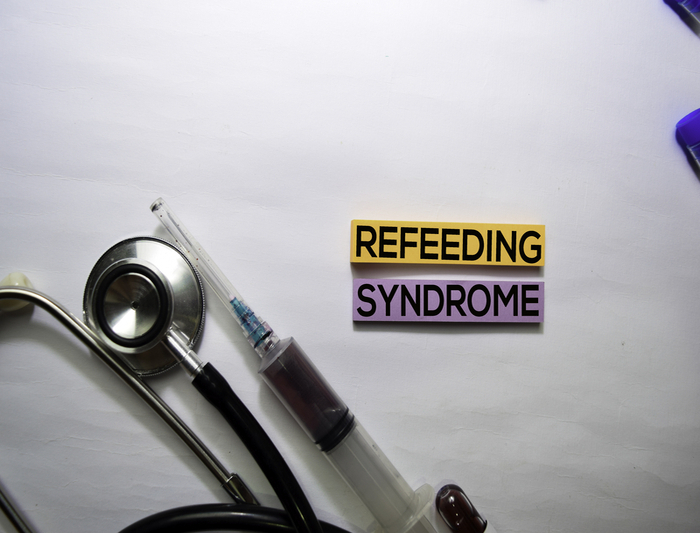- Calls to this hotline are currently being directed to Within Health, Fay or Eating Disorder Solutions
- Representatives are standing by 24/7 to help answer your questions
- All calls are confidential and HIPAA compliant
- There is no obligation or cost to call
- Eating Disorder Hope does not receive any commissions or fees dependent upon which provider you select
- Additional treatment providers are located on our directory or samhsa.gov
Breaking Barriers in Eating Disorder Recovery: The Role of Virtual Self-Help Tools
 Only 20% of people who struggle with eating disorders will receive professional help.1 That means that millions are navigating recovery alone. There are several reasons why many fail to get the help they need, with the main reasons being a shortage of providers,2 high costs, shame, and stigma.3 The COVID pandemic not only exacerbated the [...]
Only 20% of people who struggle with eating disorders will receive professional help.1 That means that millions are navigating recovery alone. There are several reasons why many fail to get the help they need, with the main reasons being a shortage of providers,2 high costs, shame, and stigma.3 The COVID pandemic not only exacerbated the [...]Read More










